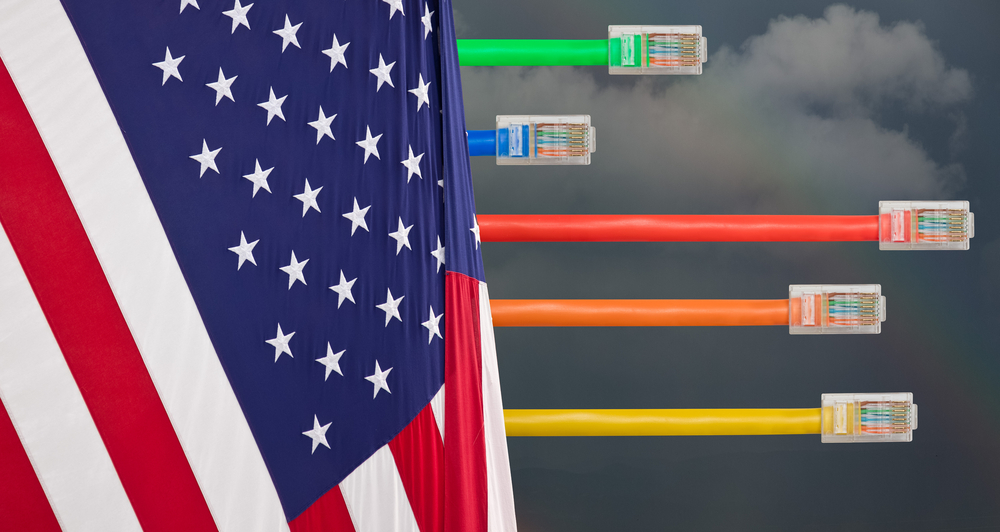Net Neutrality Fights Back With the Save the Internet Act of 2019
Congressional Democrats introduced today the Save the Internet Act of 2019 in an attempt to get the U.S. Federal Communication Commission (FCC) to restore the net neutrality protections it repealed in 2018.
The bill's supporters have already pushed it hard on social media. U.S. Senator Ed Markey (D-MA) shared the full text of the bill, which is just three pages long, on Twitter. Speaker of the U.S. House of Representatives Nancy Pelosi (D-CA) also hosted a short briefing about the act that was livestreamed on Periscope.
The new Save the Internet Act of 2019 is only three pages long because its goal is simple: reverse the FCC's decision, restore federal net neutrality protections and prevent the FCC from trying to repeal the Open Internet Act again. (Although future laws could change that, of course, even if this one passes.)
Net Neutrality Repealed
The FCC's repeal was highly controversial. Many criticized FCC chairman Ajit Pai for his connection to the telecom industry, and it turned out that many of the comments on the FCC's website supporting the decision were made by bots using stolen identities. (Senators pressed the FCC to address these concerns in 2018.)
The repeal itself affected the Open Internet Order and other net neutrality protections established in 2015. Pai claimed the move was supposed to increase competition among Internet service providers (ISPs) throughout the U.S.--despite Comcast plainly stating that FCC protections hadn't stifled its growth efforts.
Many Americans wanted to keep the net neutrality protections. Tech companies rallied to save them, and once they were repealed, Senate Democrats have repeatedly fought to restore them. Some states have also challenged the repeal and moved to enact laws supporting net neutrality in the absence of federal rules.
Now the question is if the Save the Internet Act will finally reinstate the FCC's net neutrality rules or if this will just be another effort that accomplishes nothing. Change is possible: Democrats, which all-but-unanimously support net neutrality, currently have majority control in the U.S. House of Representatives and near-parity in the Senate.
Get Tom's Hardware's best news and in-depth reviews, straight to your inbox.
Either way, at least it's clear the fight for net neutrality isn't over. Maybe the FCC will once again align itself with the vast number of Americans in protecting the open Internet.

Nathaniel Mott is a freelance news and features writer for Tom's Hardware US, covering breaking news, security, and the silliest aspects of the tech industry.
